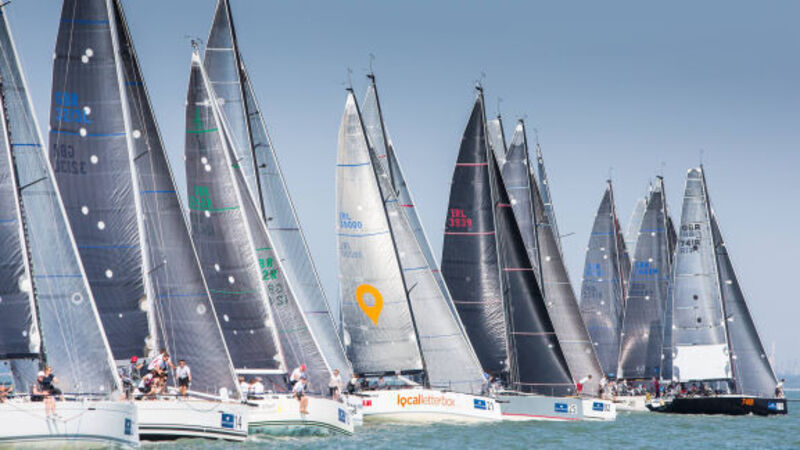David Branigan: Rumours of offshore demise greatly exaggerated

The biennial Newport to Bermuda Race is drawing to a close with final results pending completion of the 635-nautical mile course. A clutch of Irish sailors are scattered across the 169-boat fleet with almost all featuring on the big boat end of the spectrum.
Ben Lynch from Benekerry in Carlow is among a professional crew on American VO70 Warrior, a service veterans charity organisation, and placed fourth in class while Marcus Spillane from Fountainstown crewed on Swan 66 Bounty, placed ninth.














